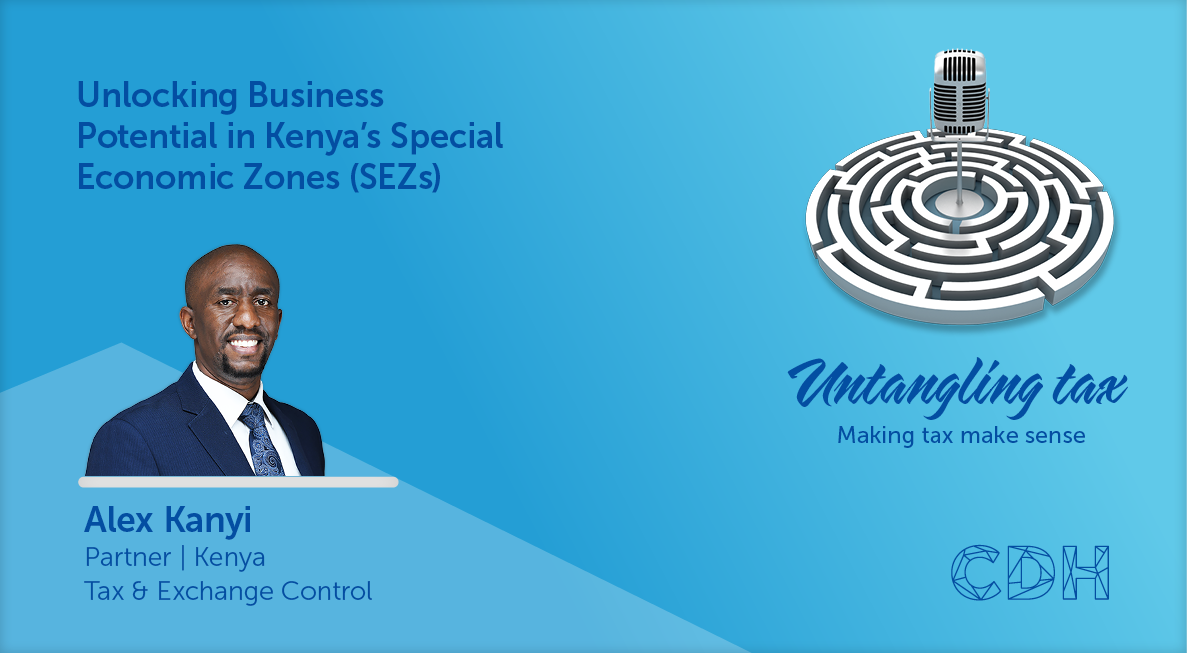The failure of commissioners to exercise their duties, reviewable in terms of s145 of the LRA?
In the recent decision of Assmang Limited (Assmang Chrome Dwarsriver Mine) v Commission for Conciliation, Mediation and Arbitration & Others (unreported case number JR2584/2012 dated 14 January 2015), the issue before the court was whether a Commission for Conciliation, Mediation and Arbitration (CCMA) commissioner had committed a gross irregularity by failing to consider the probability and credibility of witness evidence before finding whether an employer's onus was discharged.
Briefly, this case involved a mine worker who had been dismissed for misconduct in that he (i) failed to adhere to safety standards and (ii) left his work site early. Subsequent to the dismissal, the employee referred a dispute to the CCMA. Following the award, the matter was taken on review to the Labour Court. The review succeeded and the matter was referred back to arbitration de novo for reasons relating to a gross irregularity, falling within the ambit of s145(2)(a)(ii) of the Labour Relations Act, 66 of 1995 (LRA).
The court pointed out that an arbitration award is final and binding, and the remedy available to an aggrieved party was a 'review' within the ambit of s145 (2)(a) of the LRA, and more specifically in terms of s145(2)(a)(ii) which reads "(a) that the commissioner - (ii) committed a gross irregularity in the conduct of the arbitration proceedings."
The court referred to Sidumo and Another v Rustenburg Platinum Mines Ltd and Others (2007) 28 ILJ 2405 (CC) and commented that the court must apply the objective test, being "Is the decision reached by the commissioner one that a reasonable decision maker would not reach?".
The CCMA commissioner found that when considering the totality of the evidence, the employer had not proved the fairness of the dismissal, as: "This was due to the fact that where evidence of both sides is evenly balanced [the employer] cannot be deemed to have succeeded to discharge its onus". The court noted that because the commissioner simply found that there was no basis on which to discredit either of the two versions, he found against the employer. This is the point of contention in this matter.
In determining whether the commissioner had committed a gross irregularity in terms of s145(2)(a)(ii) of the LRA, the court referred to Goldfields Investment Ltd and Another v City Council of Johannesburg and Another 138 TPD 551. Goldfields held that a mistake which "…leads to the Court not merely missing or understanding a point of law on the merits, … but to it misconceiving the whole nature of the enquiry, or of its duties in connection therewith…" and that this amounts to a gross irregularity.
The court further referred to the Supreme Court of Appeal decision in Herholdt v Nedbank Ltd (COSATU as Amicus Curiae) (2013) 34 ILJ 2795 (SCA), with the following emphasis: "For a defect in the conduct of the proceedings to amount to a gross irregularity as contemplated by s 145 (2) (a) (ii), the arbitrator must have misconceived the nature of the enquiry or arrived at an unreasonable result…". Emphasis was placed on misconceiving the nature of the enquiry.
The court found that the commissioner missed two pivotal aspects in the present matter. The first was the failure to balance probabilities; the second was his failure to consider the credibility of the witnesses. The judge held that only when these two aspects do not offer any assistance to the trier of fact can it arrive at the conclusion that the party on whom the onus rested failed to discharge the same.
Accordingly, the judge found that it is the duty of the commissioner to weigh up or balance the probabilities. He further pointed out that there is a considerable difference between credibility and probabilities, as in his view, the latter is at the heart of the enquiry in arbitration hearings and must be established as this is decisive of the outcome.
He found that the Commissioner made no attempt to weigh up the conflicting versions of either of the parties, and accordingly the court could not accept this approach. The commissioner should rather have accepted that the two versions were mutually destructive and both could not stand.
In quoting the Supreme Court of Appeal decision in Stellenbosch Farmers' Winery Ground Ltd and Another v Martell et Cie 2003 (1) SA 11 (SCA), the Labour Court agreed that to resolve this type of conundrum there are three considerations, (a) the credibility of witnesses, (b) their reliability and (c) the probabilities. The judge found that there was no attempt on the part of the commissioner to consider the probabilities or improbabilities of the evidence before him and that the commissioner ignored these three considerations. It was held that the commissioner jumped to that last consideration and dealt with the final step of determining whether the onus had been discharged, without considering both the credibility of the witnesses and the probabilities.
The court also found of that the commissioner misconceived the nature of the enquiry and his duties in the proceedings, and such amounted to a gross irregularity as contemplated by s145(2)(a)(ii) of the LRA.
The importance of this matter is that it has fortified the duty of commissioners to consider both the credibility of witnesses and, more importantly, the probability and improbability of the versions of the evidence before them. These considerations must be adhered to before a commissioner can decided if the onus has been discharged or not, and that a failure to do so would amount to a gross irregularity and would be reviewable under the LRA.
The information and material published on this website is provided for general purposes only and does not constitute legal advice. We make every effort to ensure that the content is updated regularly and to offer the most current and accurate information. Please consult one of our lawyers on any specific legal problem or matter. We accept no responsibility for any loss or damage, whether direct or consequential, which may arise from reliance on the information contained in these pages. Please refer to our full terms and conditions. Copyright © 2026 Cliffe Dekker Hofmeyr. All rights reserved. For permission to reproduce an article or publication, please contact us cliffedekkerhofmeyr@cdhlegal.com.
Subscribe
We support our clients’ strategic and operational needs by offering innovative, integrated and high quality thought leadership. To stay up to date on the latest legal developments that may potentially impact your business, subscribe to our alerts, seminar and webinar invitations.
Subscribe




